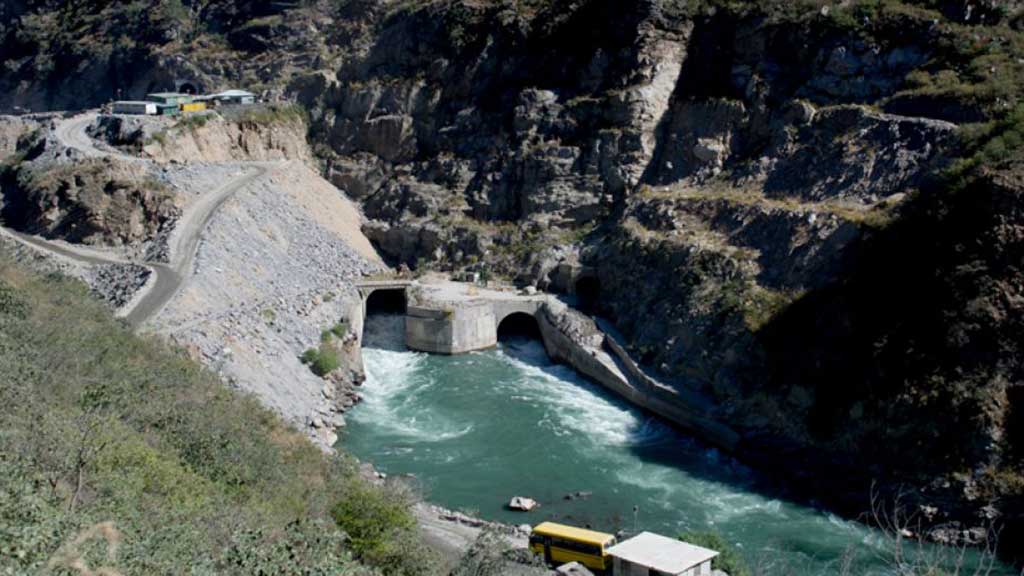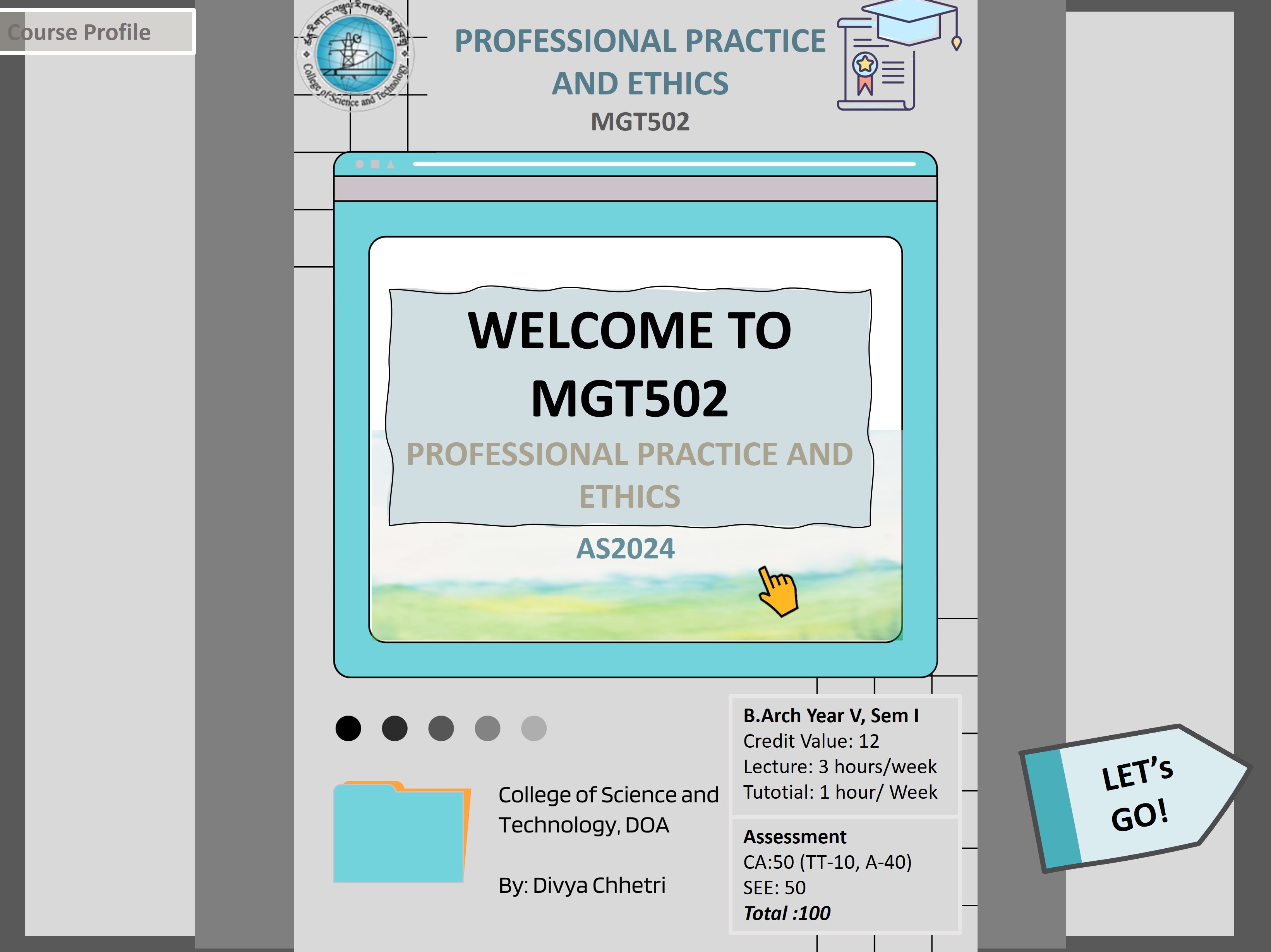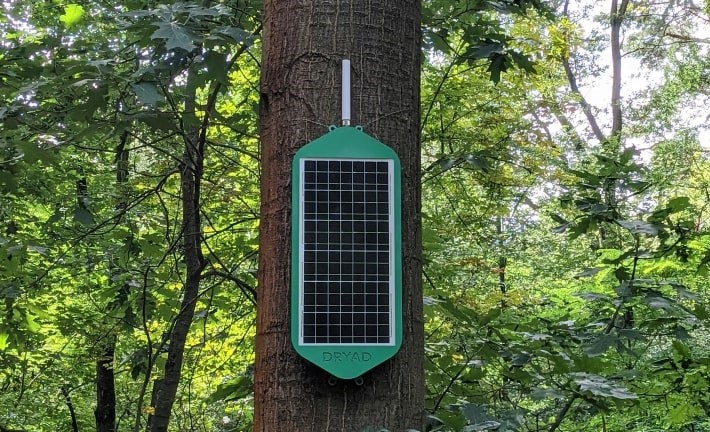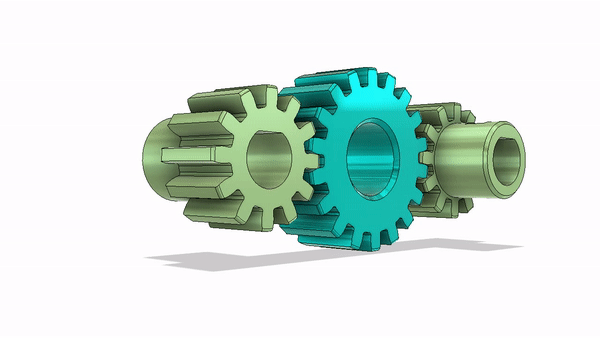
EDP101 "Entrepreneurship" module is for all programme.
For AS2023 the following programme will have this module
3 year B Arc
3 year Civil eng. and in-service students
4 year Engineering Geology
4 year Electrical eng.
- Teacher: Shankar Das Sharma

EDP101 "Entrepreneurship" module is for all programme.
For AS2023 the following programme will have this module
3 year B Arc
3 year Civil eng. and in-service students
4 year Engineering Geology
4 year Electrical eng.
😀Everything Starts at a happy home. Lets start our professional Development by Designing A Happy and Cozy Bungalow😀

Autumn Semester 2017

Welcome to Circuit Theory-I Course. This VLE platform is common to BE2E & BE2ME
Module Code and Title:
Programme: ECD202 Digital Electronics and Logic Design
Credit: 12
Module Tutor : Kamal Kumar Chapagai

General Objective:
The objective of the module is to provide students with a comprehensive understanding of the processes and principles that govern the movement and distribution of water in natural systems. Students will gain knowledge of the hydrological cycle and develop an understanding of the variations in the occurrence, movement, and distribution of water in natural systems.
Learning Outcomes:
On completion of the module, students will be able to:
1. Demonstrate an understanding of the hydrological cycle and identify variations in flow and dispersion patterns.
2. Evaluate the amount of precipitation using various methods and techniques.
3. Calculate water losses due to evapotranspiration in a hydrological system.
4. Apply the concept of hydrographs in the assessment of surface runoff using different methods.
5. Quantify infiltration amounts using various infiltration methods.
6. Utilize different Hydrometry instruments to estimate stream flow and water discharge.
7. Apply the concept of hydrologic routing and its applications in water resource management.

General Objective:
The module aims to introduce the concepts of environment and associated issues such as poverty, disaster risk reduction and gender. It dwells on the key emerging environmental pressures in the country and the corresponding adaptation measures in response to the pressure. Mainstreaming of cross cutting issues (environment, climate change, poverty, disaster and gender) into policies and plans and mainstreaming tools such as SEA and EIA are also introduced.
Learning outcomes:
On completion of the module, students will be able to:
1. Explain man-environment relationship and emerging sustainability problems/issues.
2. Prepare a range of innovative and proactive adaptation and disaster resilient measures to respond to climate change.
3. Suggest remedial measures to overcome environmental pressures.
4. Explain Environmental Impact Assessment (EIA).
5. Describe the concept of Strategic Environmental Impact Assessment
6. Evaluate Risk Assessment on disaster risk reduction.
7. Describe mainstreaming of cross cutting issues of ECPM (Environment Climate Change and Poverty Management)
Dear Students,
Welcome to the course Foundation Engineering!!!
Follow the instructions below:
MAT204 is common to 2C, 2E, 2ECE, 2ICE , 2EG and and 2WRE

The aim is to provide an introduction to the fundamental concepts of probability and statistics, as tools for decision making and expose students to basic theory and practice of statistics, with reference to Engineering disciplines. Develop problem solving abilities through examples and communicate the results graphically in a readily understandable format.

The aim is to provide an introduction to the fundamental concepts of probability and statistics, as tools for decision making and expose students to basic theory and practice of statistics, with reference to Engineering disciplines. Develop problem solving abilities through examples and communicate the results graphically in a readily understandable format.






Engineering Physics-1
This course covers fundamental physics concepts for engineering, including mechanics, waves, optics, and modern physics. Students will enhance problem-solving skills and apply physics principles to real-world engineering scenarios through lectures and experiments.

Engineering Physics-1
This course covers fundamental physics concepts for engineering, including mechanics, waves, optics, and modern physics. Students will enhance problem-solving skills and apply physics principles to real-world engineering scenarios through lectures and experiments.
Summer Semester 2016


This module introduces students to the science of climate change, including its causes, impacts, and adaptation strategies. Students will learn about the natural and human-caused factors that are driving climate change, as well as the methods used to detect and model climate variability. They will also learn about the specific requirements of climate change adaptation for water resources management.
1. Explain climate change and the factors contributing to it.
2. Identify different processes and interplay between the climate system and the global water.
3. Understand the climate change influences on water resources and the associated uncertainties, vulnerabilities, and risks.
4. Apply climate models and data assimilation for model result analysis.
5. Outline the difference between natural and anthropogenic-induced climate change.
6. Explain the necessity for integrated assessment, alternative policy and innovative management solutions to develop water policy guidelines.
7. Propose solutions to building resilience, adaptation strategies, and interventions needed in a sustainable response to changing climate.
Winter Semester 2015
Winter Semester 2016